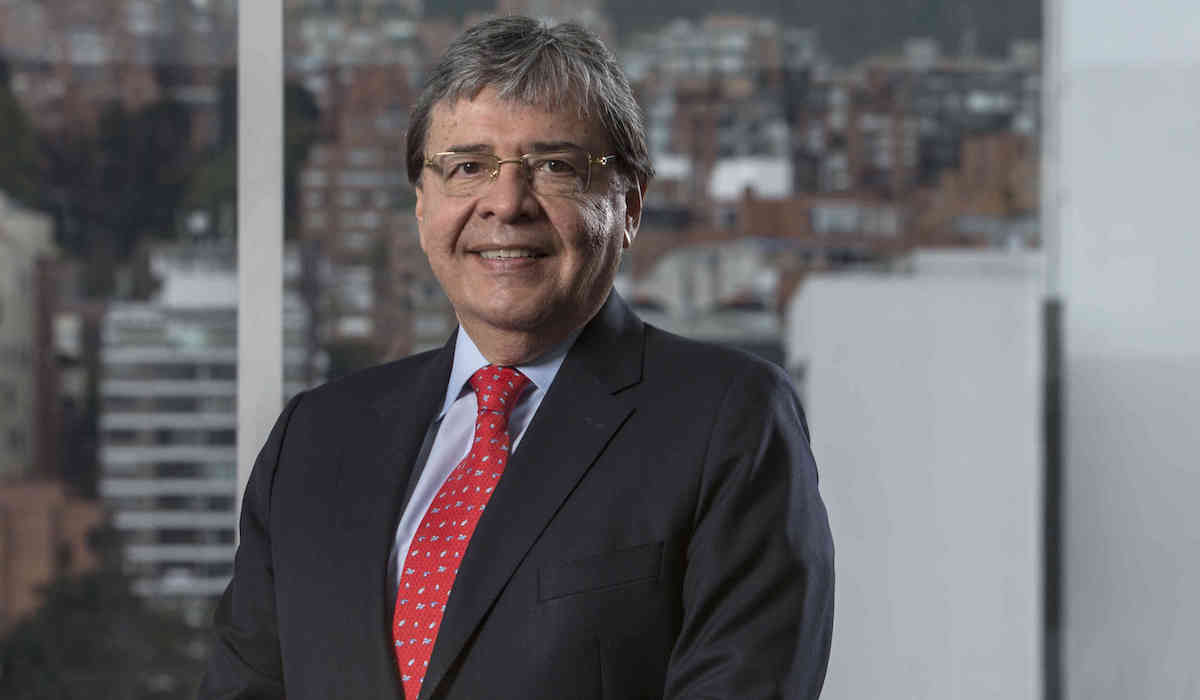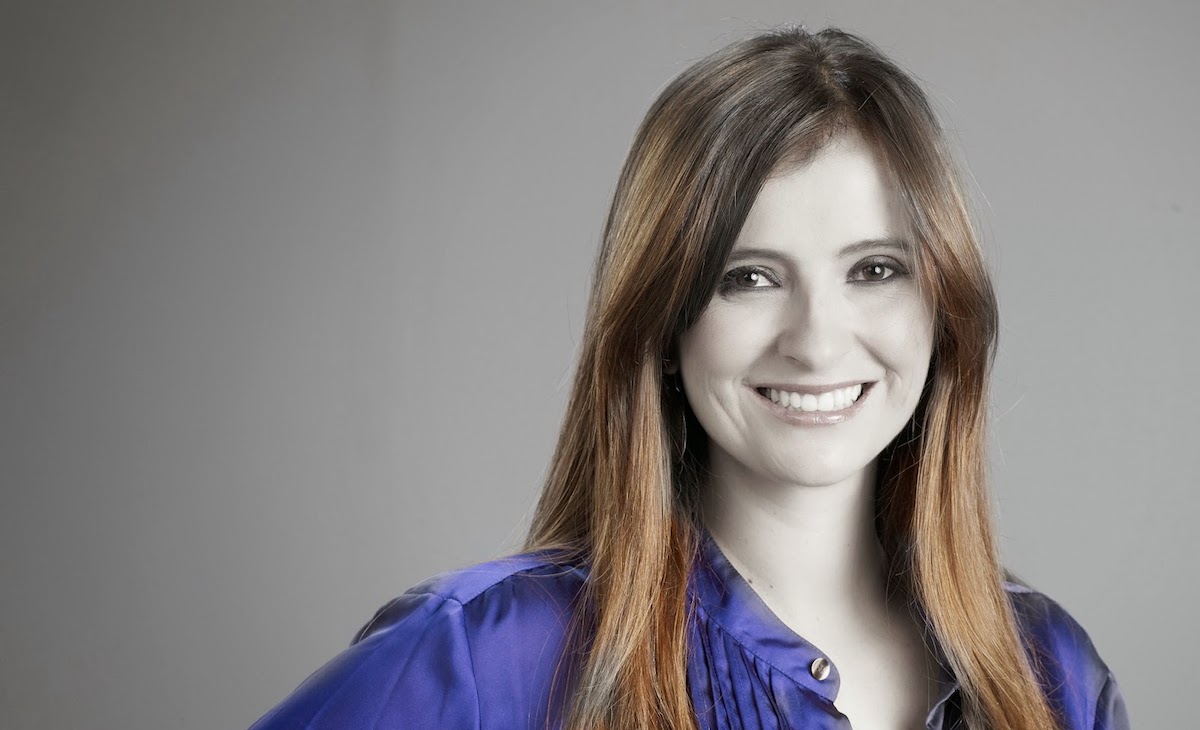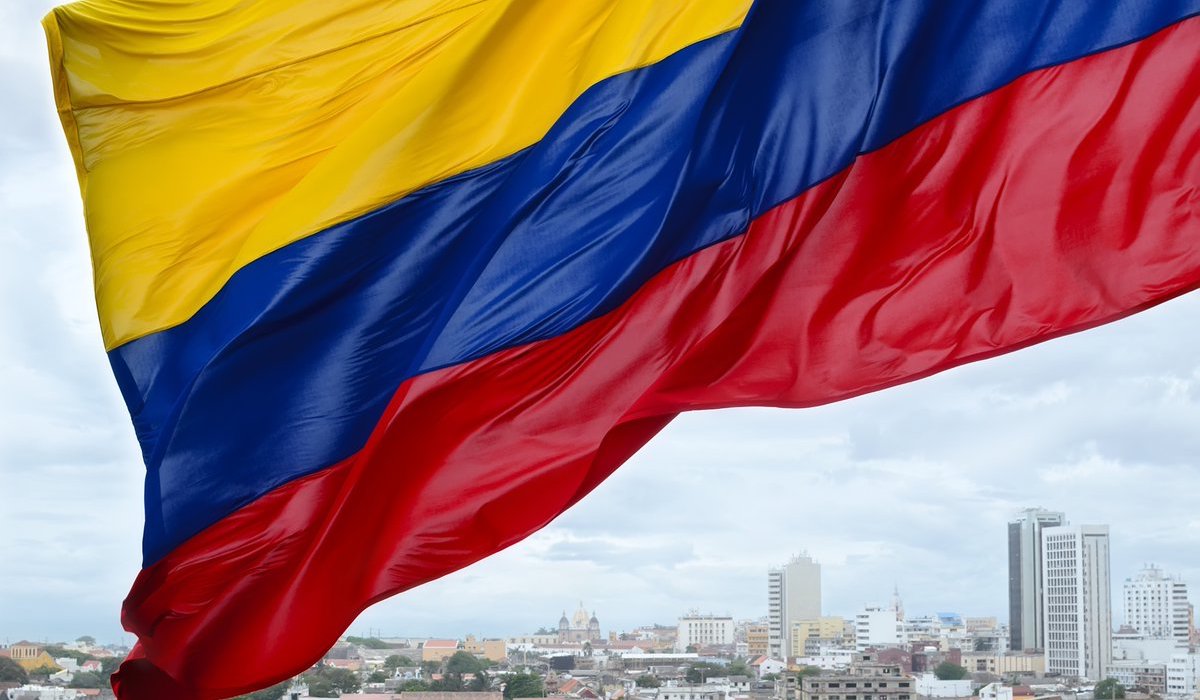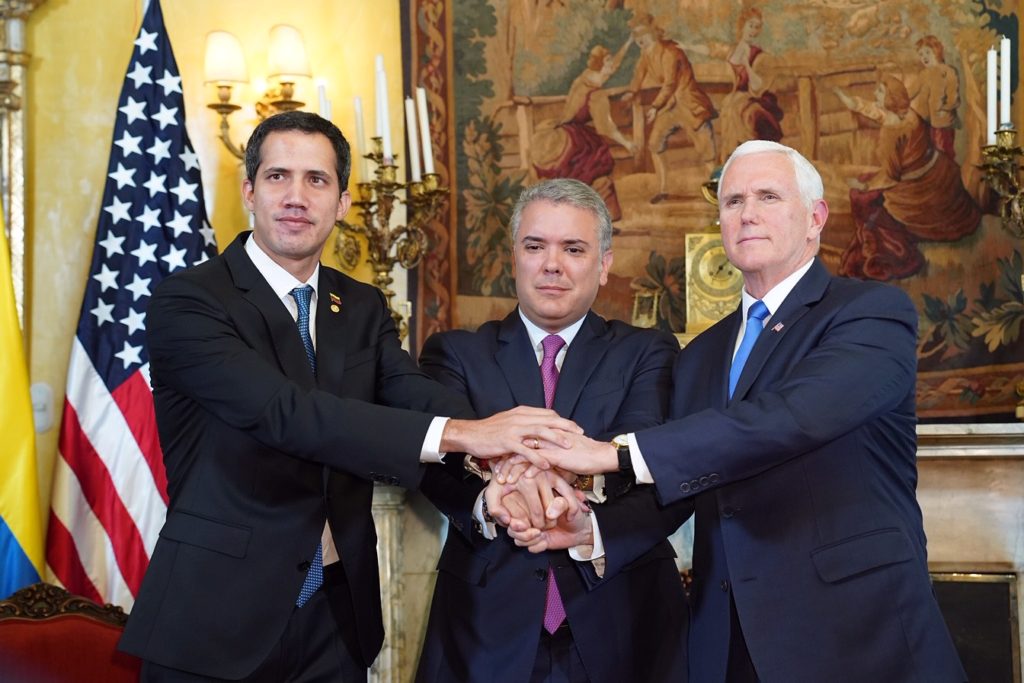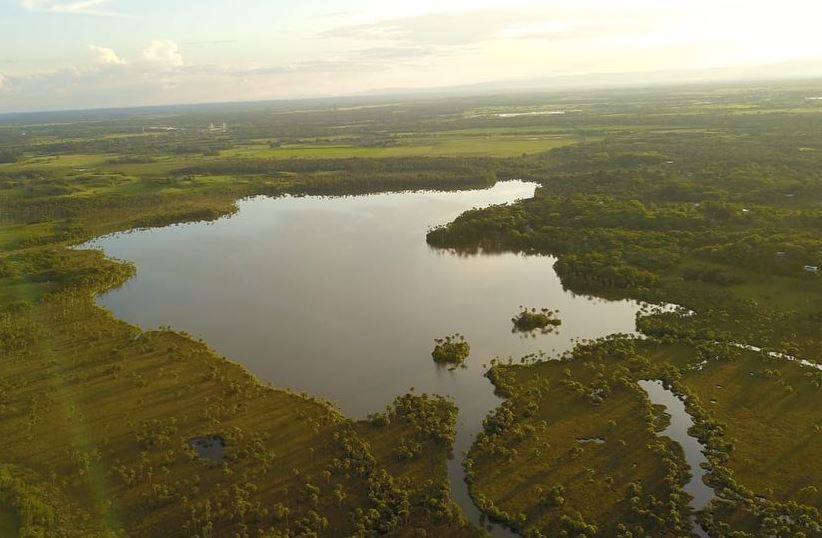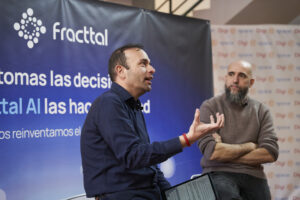Editor’s Note: As part of our political coverage of the 2018 Colombian Presidential Election, we will be publishing translated interviews for each of the candidates. Today we publish an interview with Centro Democrático candidate Carlos Holmes Trujillo, originally published by the El Nuevo Liberal newspaper. Our staff has translated the interview into English for our English-language readers. If you are fluent in Spanish, you can read the original here.
At his 65 years of age, Carlos Holmes Trujillo is considered, inside the “Centro Democrático” party, to be an experienced and principled politician who has served in each of the last 5 governments. Trujillo is a globalist, committed to free trade and a candidate who has invited even greater authority and oversight from the United Nations. In the 2014 presidential elections, Trujillo ran unsuccessfully as Oscar Iván Zuluaga’s vice-presidential candidate.
The “Centro Democrático” party, founded by Álvaro Uribe, has yet to select a candidate to represent the party in the 2018 elections. Trujillo will compete against Iván Duque and Paloma Valencia, among others, to win the party’s endorsement and carry their banner.
Today we publish an interview with the aspiring presidential candidate.
Q: Carlos Holmes Trujillo, for those who don’t know you so well, please tell us, who are you and who’s the person behind the politician? What are your intentions?
CHT: I was born in Valle del Cauca and I have prepared myself to be President of the Republic for years. I am the most complete candidate because of my local, regional, national and international experience, both in the private and academic sectors. Also, I can proudly say that I am a graduate from the “Universidad del Cauca”.
Q: As a presidential candidate, what do you aim to achieve with the “Dialogs for Colombia” (Diálogos por Colombia) that you are promoting in this campaign?
CHT: The dialog is called “Committed for Colombia”, and it is a name that I give to the meetings with my compatriots throughout the country. The idea is to listen, receive suggestions, and to share the proposals that I am conceiving. In the following order, I dream of an economically-developed, safe and socially-inclusive country, in which the citizen-government relationship is characterized by permanent, close, respectful dialog.
Because I think that a good economy is needed in order to have good social policies, I am telling Colombia that my priority will be to create the conditions for rapid economic growth. In other words, at least a sustained economic growth of 7%.
Q: If you are chosen by Colombians as President of the Republic, how would you implement the peace agreements with the FARC?
CHT: I will implement every part that will guarantee the end of the FARC as an illegal armed group, bring about the total surrender of arms to the UN, and provide physical, legal and socio-economic security to the rebels that have demobilized. But I will also make every necessary effort to change the negative parts of these agreements because they are harmful to Colombia.
Q: What part of the agreements are harmful to Colombia? Is the “Centro Democrático” party talking about peace? Do you have any other proposals? What are they and what advantages would they give to Colombia?
CHT: Apart from what I just pointed out, I look forward to removing the 310 pages of the agreement from our Constitution, because that represents a source of dangerous legal insecurity. I will change everything that could endanger private property and the legitimate rights of the owners, and I will seek to modify the Special Jurisdiction for Peace, as the current terms destroy the principle of justice and of legality. This also leads to an unacceptable impunity.
Q: Carlos Holmes, the banner of peace has always been part of the historical presidential candidate discourses. Is this still the same today, or have you opted for an anti-corruption speech? What is your proposal?
CHT: Regarding corruption, I share the indignation of the Colombian people. To combat it, I propose a real and complete strategy which will involve all levels of the state. I propose the creation of an independent organism, strong and influential in the fields of law and politics, to coordinate the implementation of my strategy, and the creation of an International Anti-Corruption Court that will be personally led by the United Nations. We need a change in attitude from the citizenship towards corruption, and the implementation of measures to dissuade people from corruption, such as “walls of shame”, where the names of people found guilty of acts of corruption will be written.
Q: The elections will be tough, and two blocks of ideas are emerging. Have you thought of making a coalition? With who?
CHT: Coalitions are necessary with organizations and leaders who agree on the pursuit of security, investment, social cohesion, proper handling of the state’s resources and of the general philosophy. Nevertheless, let me tell you that the coalition that I am most interested in forming is the coalition with each and every one of my compatriots.
Q: Finally, for you, What does Cauca mean, and what memories does studying college in this part of Colombia bring back?
CHT: The Cauca department is like my home. I am a graduate of “Universidad del Cauca” and I say that with pride. My objective is to create a permanent mission for the development of the Cauca, and I want to tell Caucans to count on my accompaniment and support, from an international point of view, for the development of this region.
Q: Finally, we ask you for a phrase, a message for all Colombians.
CHT: I want to conclude by saying, that for me, it is important to tell you that “We must save Colombia”.

